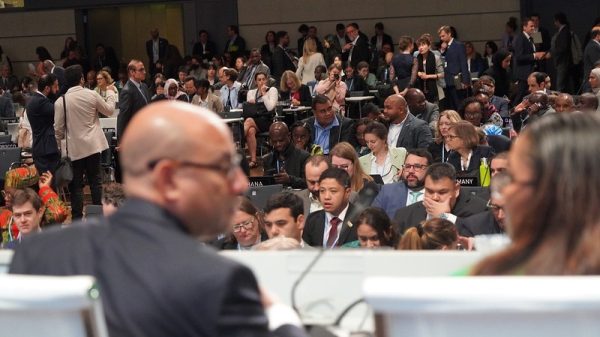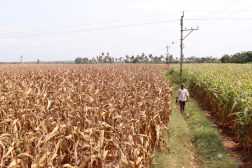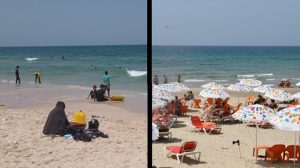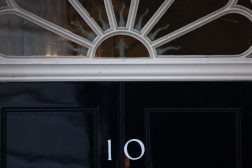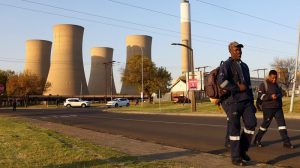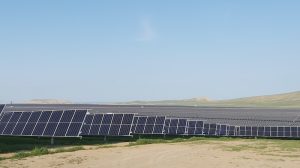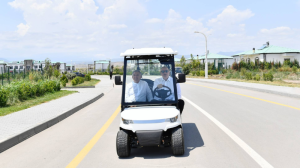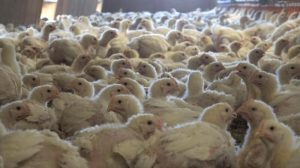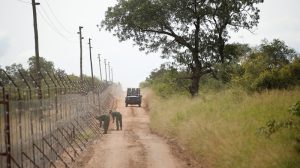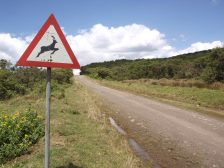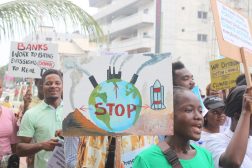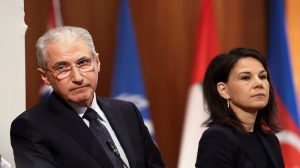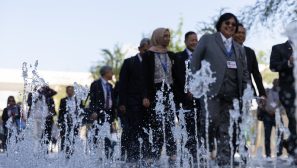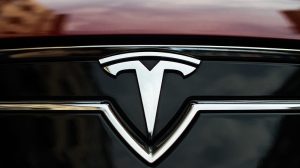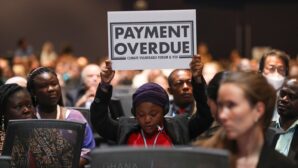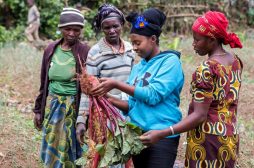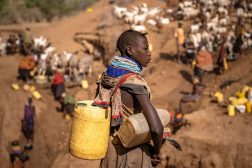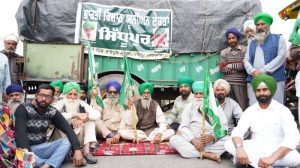Climate politics
“Great enabler of climate action” – UN urges Bonn progress on new finance goal
UN Climate head Simon Stiell called on countries to start narrowing down options to strike a deal on post-2025 climate finance by COP29 in November
The great COP food systems illusion: UN climate talks deliver no real-world action
Negotiations on food and agriculture have moved too slowly, while special initiatives fail to hold countries accountable on their commitments
On beaches of Gaza and Tel Aviv, two tales of one heatwave
While Palestinians in Gaza fear death from heat in makeshift tents, Israelis in Tel Aviv stay cool in air-conditioned homes – highlighting the unequal effects of extreme weather
Climate, development and nature: three urgent priorities for next UK government
Revitalised global leadership from Britain can make a difference at a deeply troubling and fractured time for world affairs
As South Africa heads to the polls, voters await stalled “just energy transition”
Progress on the Just Energy Transition Partnership has been slow due to South Africa’s debt concerns and divisions over the role of gas
Azerbaijan pursues clean energy to export more ‘god-given’ gas to Europe
Baku rolls out its first large-scale renewables, but a rise in clean energy does not mean leaving fossil fuels in the ground
In Nagorno-Karabakh, Azerbaijan’s net zero vision clashes with legacy of war
After Armenians fled the conflict-torn region, the COP29 host nation has launched a huge reconstruction effort to polish its green credentials
World Bank tiptoes into fiery debate over meat emissions
The bank has advised wealthy nations to cut subsidies for high-emissions foods but stopped far short of promoting veganism
UN agrees carbon market safeguards to tackle green land grabs
Local communities will be able to officially challenge UN-registered carbon credit projects before and after they are up and running
Road row in protected forest exposes Kenya’s climate conundrum
The government wants to expand a road through the Aberdare National Park but conservationists argue it will harm the forest, wildlife and water supplies
How to fix the finance flows that are pushing our planet to the brink
Commercial banks are financing a huge amount of fossil-fuel and industrial agriculture activities in the Global South – they must turn off the tap
Tensions rise over who will contribute to new climate finance goal
Germany wants all high-emitters, especially among G20 countries, to pitch in. But China and Saudi Arabia say the responsibility lies with developed nations
Peak COP? UN looks to shrink Baku and Belém climate summits
While 84,000 delegates attended COP28 in Dubai, just 40,000-50,000 are expected at COP29 in Baku and COP30 in Belém
SBTi’s rigid emissions rules don’t reflect business reality
The Science Based Targets initiative ignores the good a company’s products do in avoiding planet-heating emissions – only counting those from its operations
UN climate chief calls for “quantum leap in climate finance”
Simon Stiell says far more money is required for developing countries to submit bold new climate plans, which would benefit all economies
Spring Meetings can jump-start financial reform for food and climate
The World Bank and IMF have a big part to play in raising the $3 trillion needed to help countries meet global development goals and the Paris accord
Forest carbon accounting allows Guyana to stay net zero while pumping oil
Experts say UN rules around forests and oil are open to abuse, so that countries like Guyana can claim to be carbon-negative without cutting emissions
Zambia’s fossil-fuel subsidy cuts help climate and kids – but taxi drivers suffer
Under pressure from the IMF, the government has redirected subsidies into education, welfare and debt reduction, leaving fuel-heavy sectors with higher costs
Cancellation of UN climate weeks removes platform for worst-hit communities
The UNFCCC has said it will not hold regional climate weeks in 2024 due to a funding shortfall – which means less inclusion for developing-country voices
What will it take to protect India’s angry farmers from climate threats?
Indebted farmers, facing falling yields and water scarcity, want legally guaranteed price support for more crops – but that may not fix their climate woes
